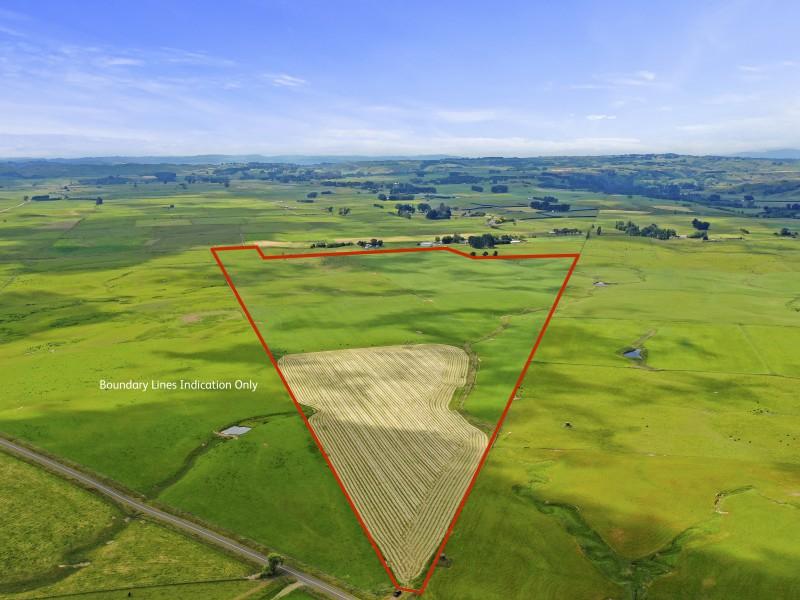Abaca: The Queen of Natural Fibres
Abaca is a natural leaf fibre that comes from a relative of the banana tree family native to the Philippines that grows throughout tropical regions. It is also called Manilla hemp, though it is not related to actual hemp.
Abaca has great economic importance and is harvested for its strong, versatile fibre. Being regarded as the strongest natural fibres in the world, abaca can be put into various modern sophisticated technologies like the automobile industry and as a raw material for other important industries such as textiles, fashion, and the décor/furnishing industry.
Abaca is commonly used by the paper industry for such specialty uses such as tea bags, banknotes, filter papers and in medical filter sheets. While it is currently used mostly in paper products, abaca has a long history in textiles. Abaca fabric has a stiff quality and holds its structure (it is considered a hard fibre and is comparable in texture to sisal and coir). It has a very long fibre length and is one of the strongest fibres - flexible, durable, and highly resistant to saltwater damage. For these reasons it has been used over time for rope and cording. It can also be woven into home and fashion accessories including wall coverings, rugs, tapestries, and bags. It can be used to make handcrafts such as hats, bags, carpets, clothing, and furniture.
Abaca is generally considered to be a sustainable, environmentally friendly fibre that can empower communities. It has been identified by the United Nations as a “Future Fibre”. That said, not many standards and certifications are used for abaca, so transparency and doing your own due diligence around environmental and social impact are very important when sourcing. The Rainforest Alliance currently certifies some abaca farms.
The harvesting and extraction of fibre from abaca is painstaking process which involves many processes. Stripping and drying of fibres is either done manually or mechanically. After extraction, different grades of fibres are obtained which are then accordingly used for different set of industrial activities.
The world's leading abaca producer is the Philippines. While the crop is also cultivated in other Southeast Asian countries, the second largest producing country is Ecuador, where abaca is grown on large estates and production is increasingly mechanized. Almost all abaca produced is exported, mainly to Europe, Japan, and the USA. Exports from the Philippines are increasingly in the form of pulp rather than raw fibre.
Keep reading: www.curtainclean.co.nz...
Poll: Could we live without public bins?
Many public rubbish bins are being removed by councils due to the large costs of regularly emptying them. Do you think we can adapt and live without them?
Type 'Not For Print' if you wish your comments to be excluded from the We Say You Say column of your local paper.
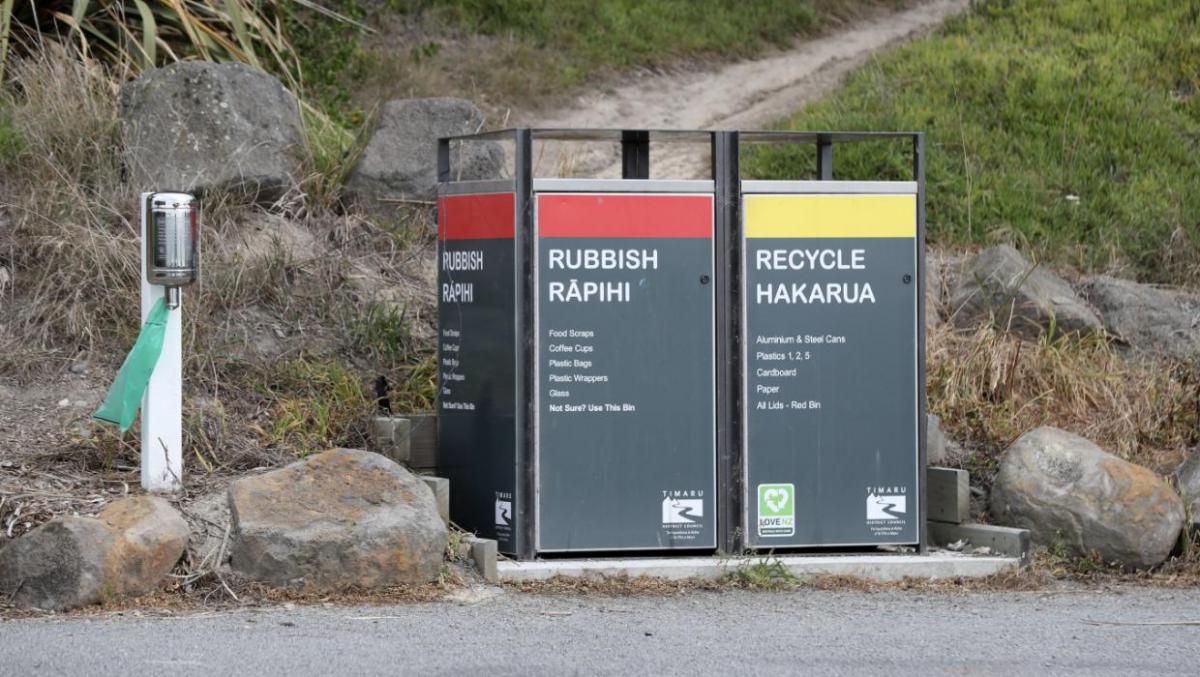
-
11.9% Yes
-
87.5% No
-
0.5% Other - I'll share below
Are you a first home buyer?
Hello!
Are you a first home buyer? Is your mortgage going up and up with rising interest rates and you’re now struggling to make ends meet? Have you lost the ability to save any extra cash?
We’re reaching out from the Tova show, the flagship weekly politics podcast on Stuff, as we prepare a special episode on the interest rate crunch and how it’s affecting Kiwis - we’d love to hear your stories.
Please comment below if you would like to share your story, or email tova@stuff.co.nz. We give you our commitment to treat your experience with sensitivity and care.

What's On: Hearthelp Feilding Support Group
Hearthelp Feilding Support Group
- Senior Hub
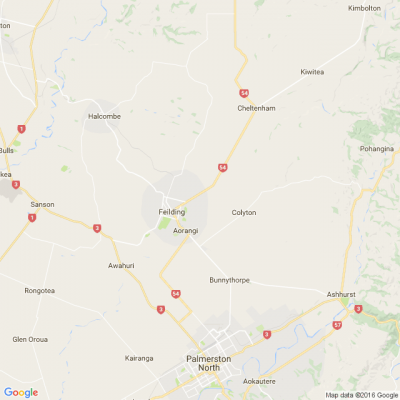
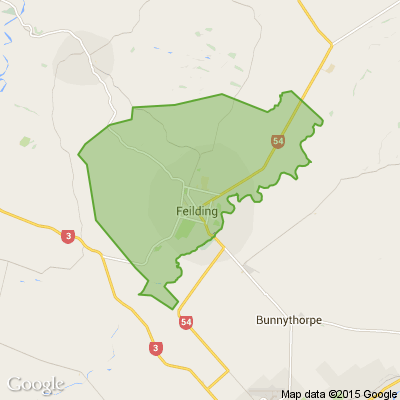





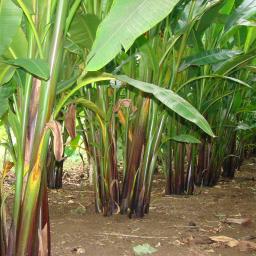
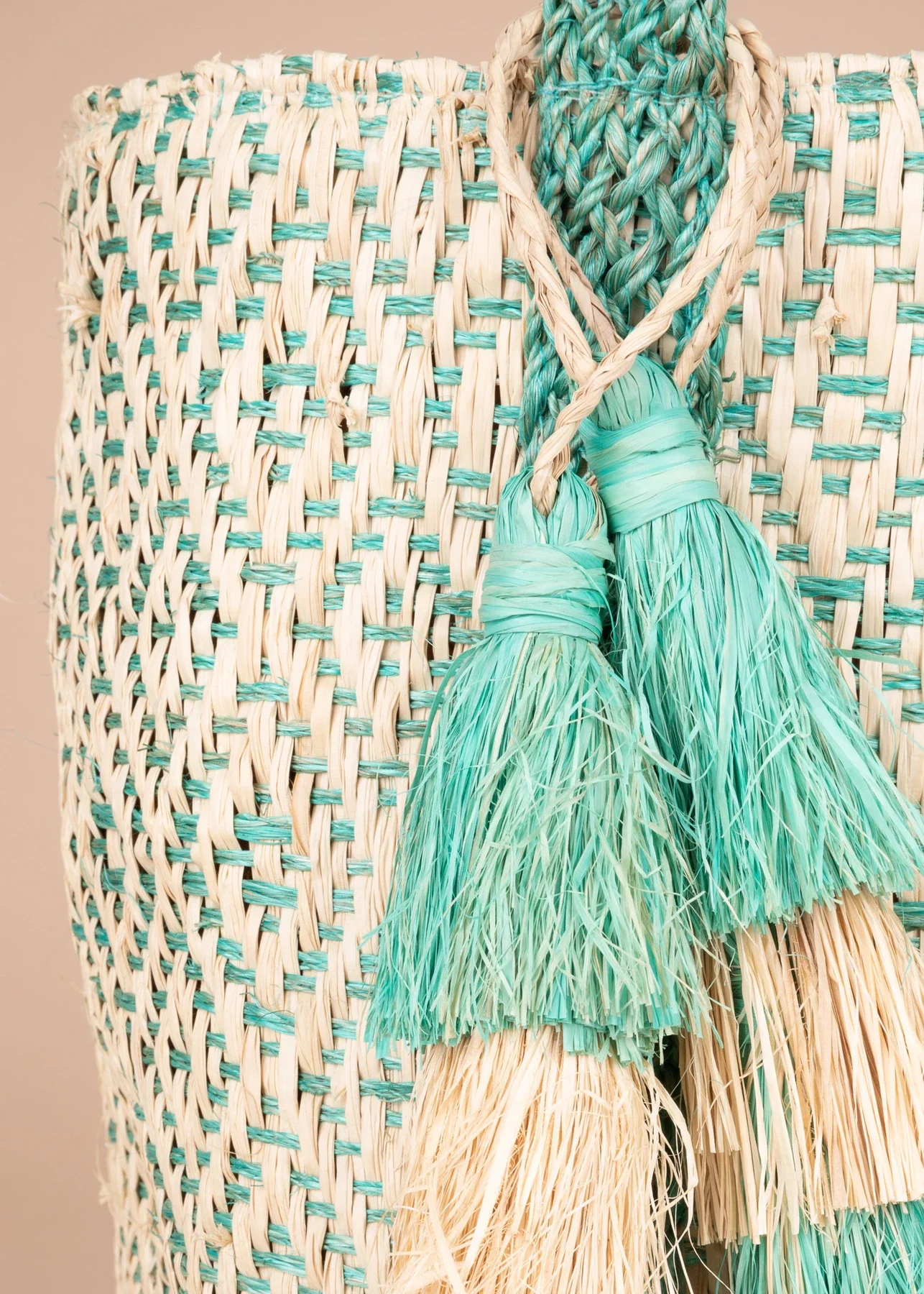
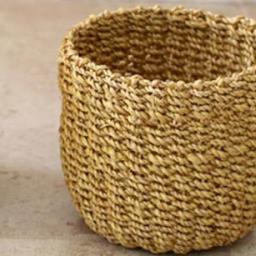
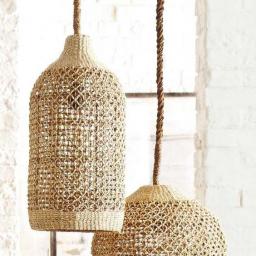
 Loading…
Loading…












